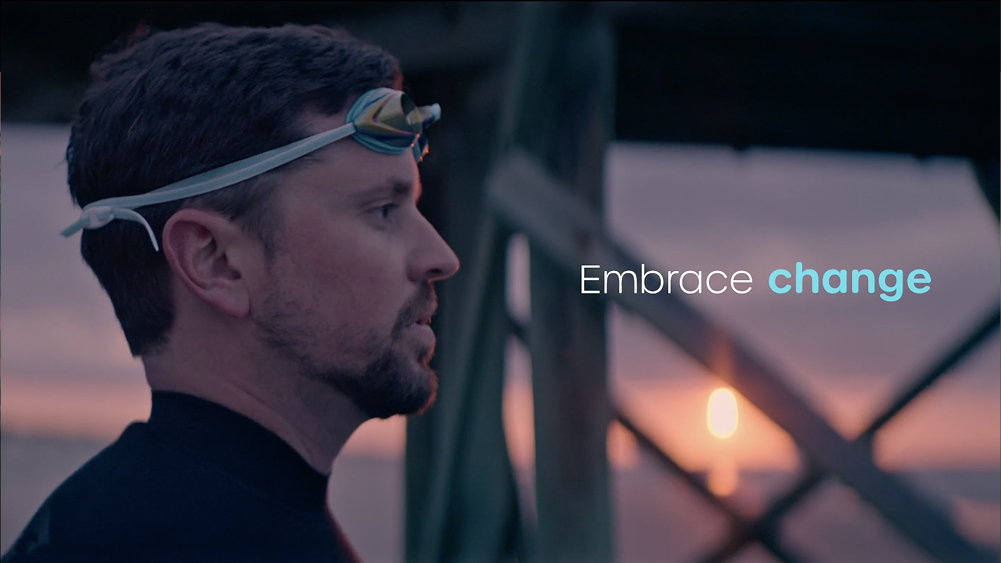What is recovery?
Health
Supporting physical and emotional well-being through healthy lifestyle choices like exercise, nutritious eating and more.
Home
Having a stable, safe and recovery-friendly place to live and grow physically, emotionally and mentally.
Purpose
Participating in meaningful daily activities like working, volunteering, learning or exploring creative pursuits.
Community
Having positive relationships and social networks that provide support, friendship, love and hope.
Download daily encouragement
Turn your phone or computer screen into a source of strength with these motivating wallpapers.
Visit the Gallery
In the News
Check out how recovery is showing up in headlines and in our communities.
Read More Articles

How can I support recovery?
Your mindful words and actions can make a powerful difference in someone’s recovery journey. Help create a sense of trust and encouragement with these language and support tips.
Download the PDFStay inspired
Follow on InstagramDon`t focus on your comedown, focus on your comeback. Substance use disorders can affect everyone around you. Make sure your #recovery does the same. You can make amends but you`ve got to show up daily and make better choices that show your growth. #EmbraceRecovery #RecoverOutLoud #WeDoRecover ...
We`re thankful for recovery and all those embracing it! What are you #thankful for? 💟 We hope everyone has a safe and happy Thanksgiving. 🦃🥧 #EmbraceRecovery #OpenHeart ...
“You can do this. Just take the first step, you are loved, you are worth what’s on the other side.” 💟 Embracing recovery isn’t just about your recovery journey, it’s about supporting others in their sobriety and giving them the heartfelt reminders that let them know you’re there. #EmbraceRecovery #RecoverOutLoud ...